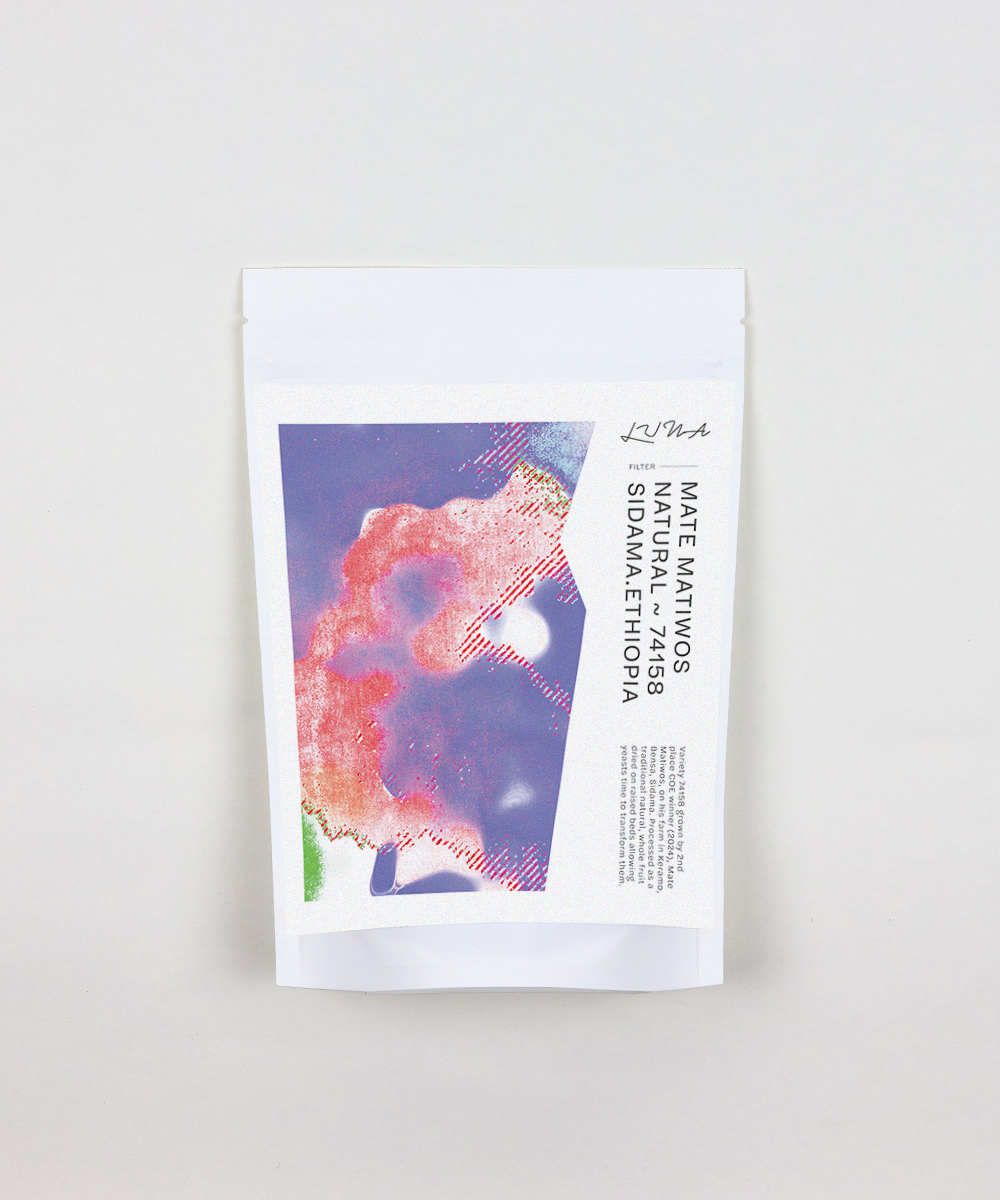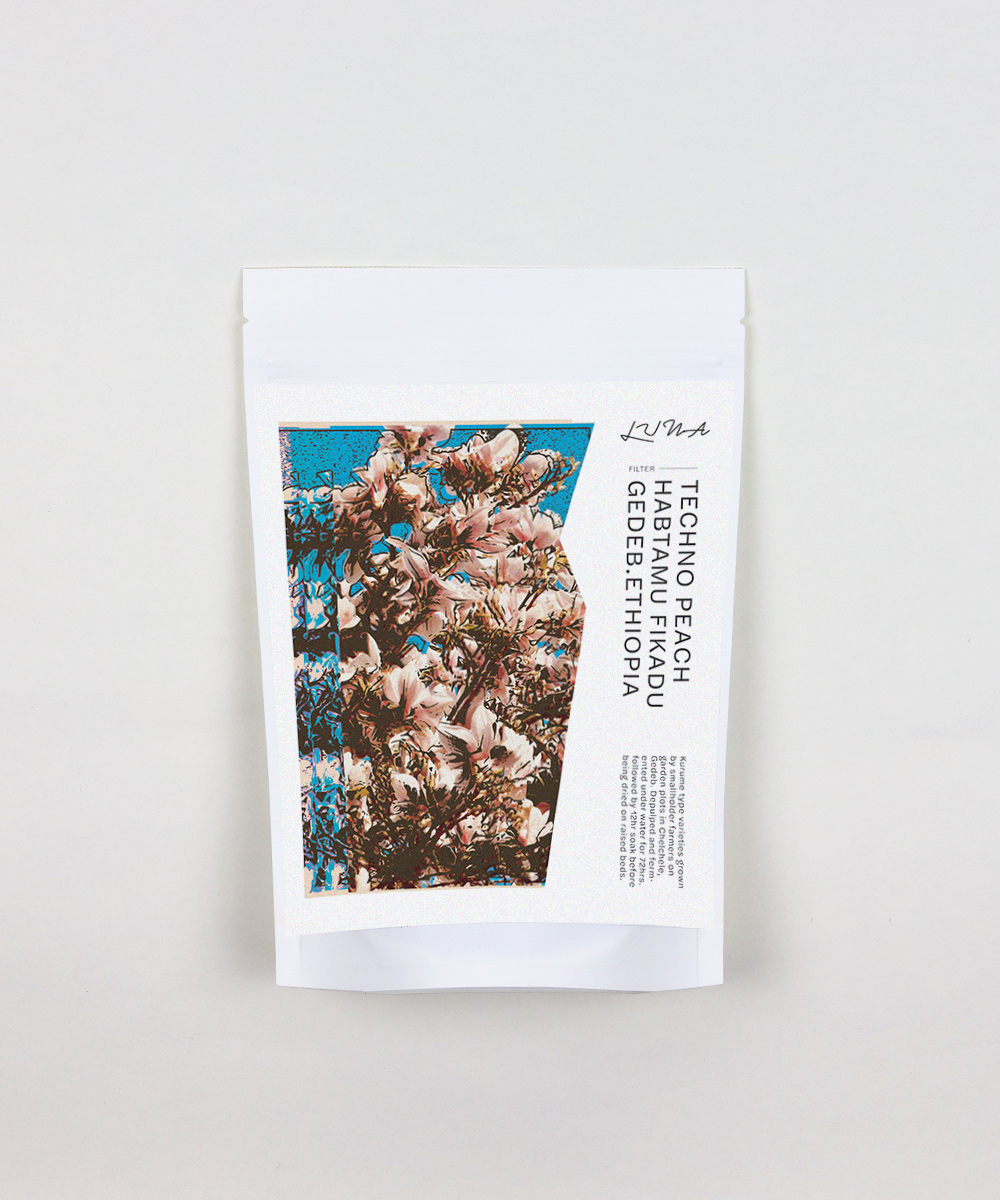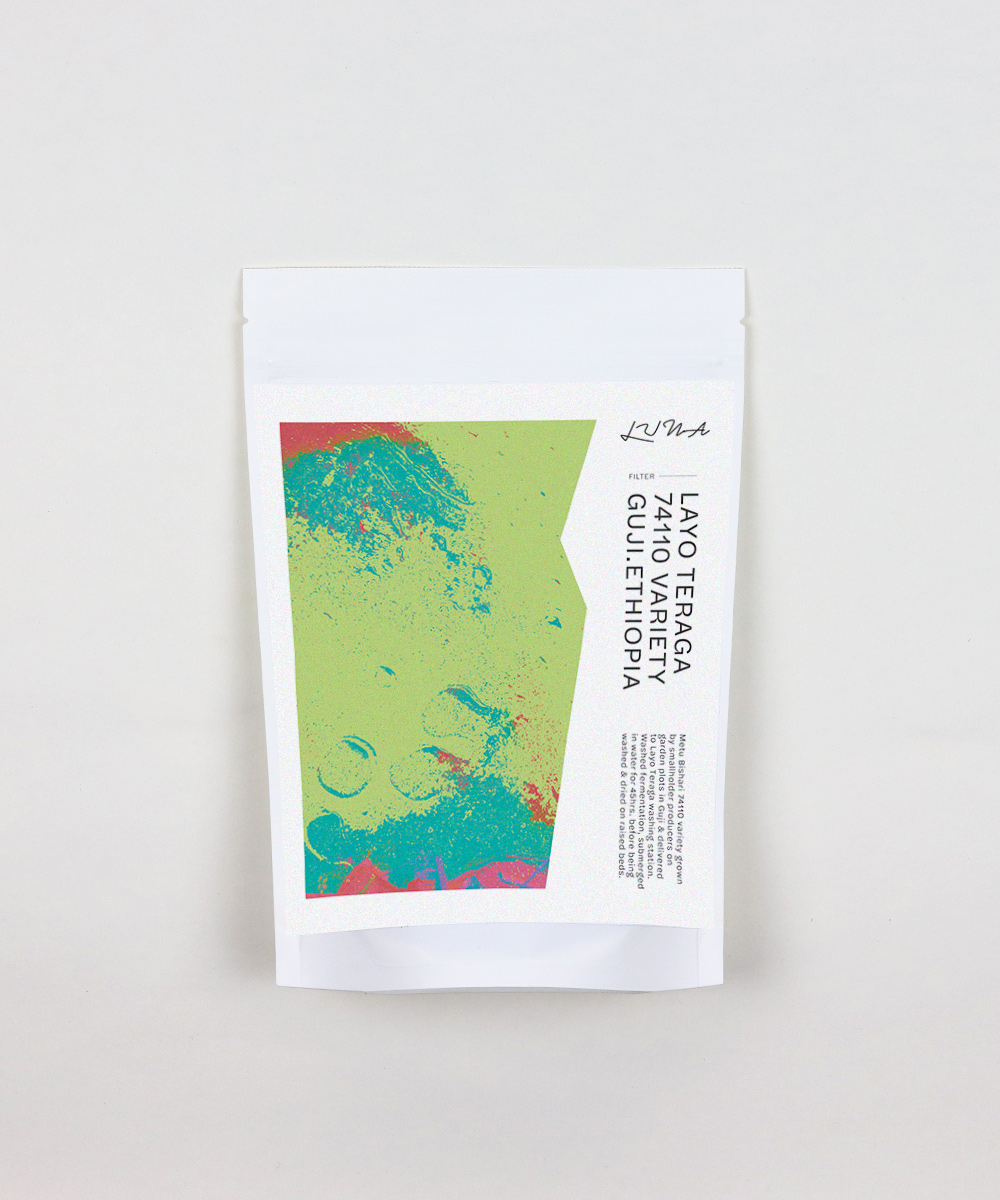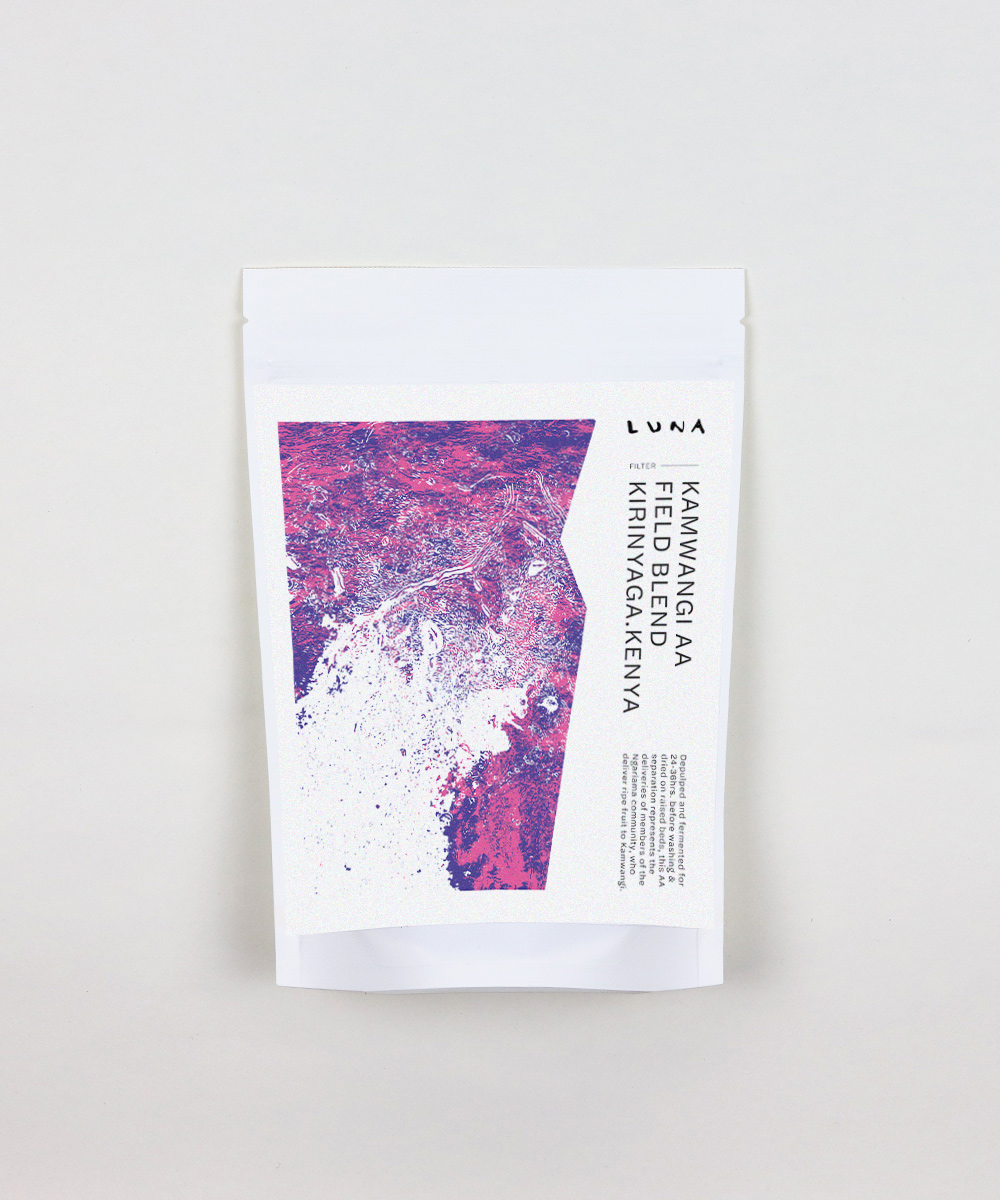Revolver Exclusive ~ Stephen Nendela ~ Batian Anaerobic Natural | Mt. Elgon, Kenya
US$0.00
Producer: Stephen Nendela
Farm: Muinami
Place: Mt. Elgon
Variety: Batian
Processing: Anaerobic Natural
Harvest: Dec-January 2024
Importer: Crop to Cup
Cup profile: We find sweet Apple butter, with gorgeous tart and resinous ruby-red fruits like strawberry, red currant, cranberry, along with sweet and savoury tree tomato, green mango, and herbal tea, with a lovely long tropical cacao finish. A real seasonal delight.
In 2015 Stephen converted his mother’s sugarcane farm to coffee, selling the small production as micro-lots. When that worked, he doubled down, starting a 17 acre farm, planted with 7 terraced blocks, one with this Batian variety. This unusual anaerobic lot is an example of Stephen’s curiosity, and pursuit of iteration – Traits we share.
Additional Information
Stephen is committed to sharing knowledge with like-minded producers and connecting them with importers he works with to help bolster their access to the specialty market, with the goal of having a network of producers who are focussing on quality and to establish strong lasting relationships.
Last year, in 2022-23 harvest, Stephen embarked on processing experimentation with the help of Christopher Feran (Aviary), in partnership with Crop to Cup importers (who connected us with this coffee this year*), together they worked on three new processes, Honey, Natural, and Anaerobic. Stephen describes this learning process and the struggles he encountered in an email shared with us via Crop to Cup, the following passage is an excerpt in his own words,
“We had a lot to learn along the way. We experienced challenges we had not anticipated, including drying bed capacity. We had to expand our drying spaces urgently to accommodate the yields and also the natural and anaerobic that demanded longer drying periods. Armed with a moisture meter, our only savior, we could control the drying period but that only gave us one key parameter but not enough to help us make key adjustments. We now realize that a working lab could help us evaluate samples, and have data that can help in adjusting or blending before dry milling, especially given that we are separating varietals. We may have to separate also lots from different blocks of the farm and then blend when evaluated.
Our drying methods could be adjusted depending on the data we generate. Again this is the next learning curve at the farm that we would like to embark on and embrace for us and our like-minded producers. A central lab would be the support we are looking for. It’s been my considered thought that at the farm level, we should be able to get data that helps us along the way, and this data shouldn’t wait until the harvest is done. Rather it should be what helps in calibrating processes. We can utilize early fly crops to plan forward, and main crop batches to control and preserve quality while improving our handling techniques and methods.”
*thanks Danny! (see Danny’s coffee company Botz because they’re super rad. Beep Boop)




